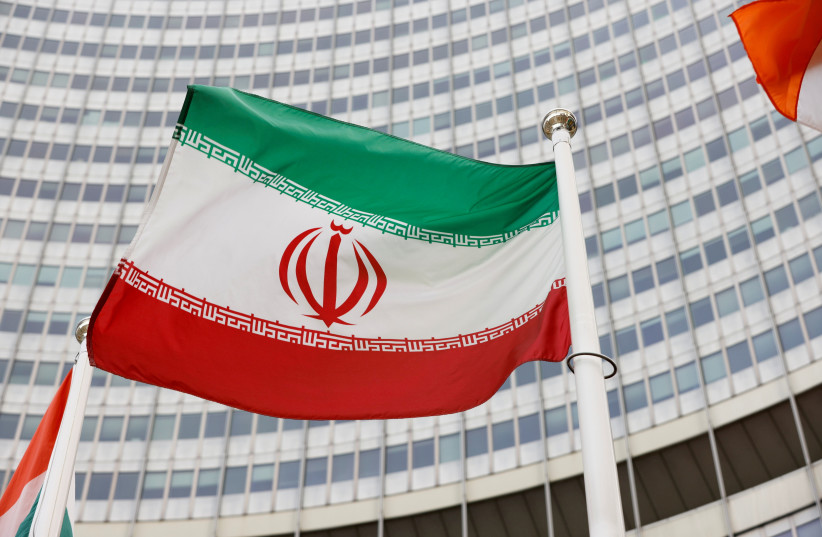What is the state of play in the negotiations over the Iran nuclear deal?
Several contradictory signals have been put out about whether a deal may be imminent around June 6-10, when the one signed in March between the International Atomic Energy Agency and Tehran is supposed to expire.
In addition, June 6 is when the next meeting of the IAEA board of governors is scheduled to take place.
The Islamic Republic and world powers have started to talk more seriously several times whenever the quarterly IAEA board of governors meeting takes place.
When expectations were high at the end of 2021 and then again in March that there would be a deal, it was always because there was an expectation that the ayatollahs would want a deal before the IAEA board of governors meeting.

In June 2020, the board of governors condemned Tehran, leading within a short time to the Islamic Republic making a number of concessions to IAEA inspectors.
If the agency were to condemn Iran again at any of the recent meetings or at the upcoming June 6 meeting, there would be a higher chance that it might also refer the issue to the UN Security Council.
This is something that Tehran wants to avoid.
However, it is unclear whether Iranian Supreme Leader Ayatollah Ali Khamenei is so desperate to avoid a referral that he will make real compromises. Will he view the UNSC as sufficiently threatening to make concessions on his nuclear program for a deal to go through?
In broad outline, the parties to the negotiations had already agreed on most of the issues in March.
Reportedly, the US will allow Iran to keep its hundreds of new advanced centrifuges in storage instead of having to destroy them. This radically shortens Iran’s potential breakout time to a nuclear weapon.
Besides that provision, the deal would basically resemble the JCPOA in which Iran had to limit the volume of uranium it enriches, and the quality and number of centrifuges it operates at any one time, in exchange for sanctions relief.
The sticking point has been whether the US would then remove the IRGC Quds Force from its Foreign Terrorist Organizations (FTO) list and whether Tehran would make some commitments about it not attacking American interests globally in exchange.
Essentially, the US is either willing to do a “clean” return to the JCPOA without dealing with the IRGC issue or to remove the IRGC Quds Force from the FTO list in exchange for commitments to not attack US interests.
The question is whether Iran will embrace either of these two options offered by the Biden administration.
Part of the threat was hyped up recently by IAEA Director-General Rafael Grossi, who said Iran had failed to provide the requisite clarifications regarding illicit traces of uranium found by inspectors as well as explanations regarding undeclared nuclear sites.
These issues date back to the Mossad’s raid on Iran’s nuclear archives in 2018. But every time Grossi raises these issues in public, it appears to be a signal that the West, in general, has lost patience and is more ready for confrontation.
At the same time, Iran still seems to be trying to determine whether it can outlast Western sanctions, given the changed geopolitical context in which Russia, China and other countries are further splitting off from the West.
And so, three months of playing chicken may come to an end in the coming weeks with Khamenei finally either choosing to move more decisively toward a diplomatic resolution or to a destabilizing global brawl.
